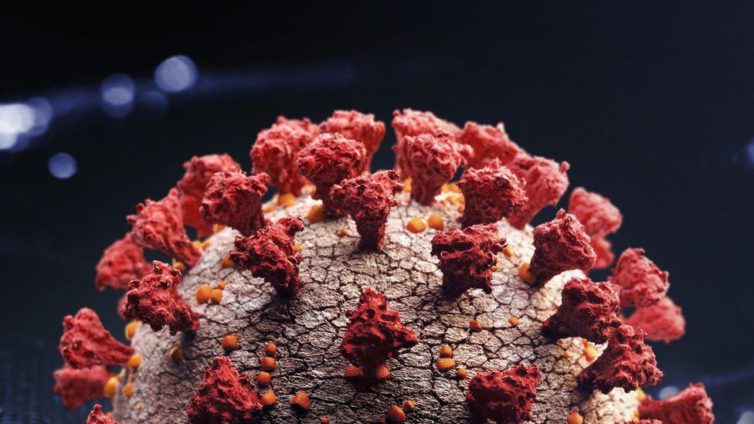The World Health Organization (WHO) has marked the Covid-19 fourth wave on the African continent as the shortest-lived
The WHO added that the number of deaths is lower than what was recorded in previous waves.
Speaking at a virtual news conference on Thurssday, the WHO-Africa Director, Dr. Matshidiso Moeti, revealed that the wave, which was largely driven by the Omicron variant, is now reducing.
“South Africa, where Omicron was first reported, saw a 9% fall in weekly infections. East and Central Africa regions also experienced a drop.”
“Hospitalisations have remained low. In South Africa, for instance, around 9% of its over 5,600 intensive care unit beds are currently occupied by Covid-19 patients,” Dr. Modishu disclosed.
However, he stated that North and West Africa are witnessing a rise in cases, with North Africa reporting a 121% increase in the past week, compared with the previous one.
He further added that only 10 per cent of Africa’s population is fully vaccinated, and warned that Africa’s chances of limiting the impact of new and deadly variants is slim, should the trend continue.
“The crucial pandemic countermeasure badly needed in Africa still stands, and that is rapidly and significantly increasing COVID-19 vaccinations. The next wave might not be so forgiving.”
Dr. Moeti wants African countries to step up vaccination in the various countries.
“This year should mark a turning point in Africa’s Covid-19 vaccination drive. With vast swaths of the population still unvaccinated, our chances of limiting the emergence and impact of deadly variants are frighteningly slim,” said Dr Moeti.
“We have the know-how and the tools and with a concerted push, we can certainly tip the balance against the pandemic.”
Meanwhile, in the Bono East Region, Regional Health Director, Dr. Fred Adomako Boateng says the major challenge with the management of Covid-19 is the enforcement of the preventive protocols.
He underscored in an interview on the AM Show, the need to adhere to the safety protocols even after one is fully vaccinated.
"We believe that the problem is really about the access to vaccines; if we don’t have strategies to get them, it would seem that people do not want the vaccine, but that’s not actually the case. Still the enforcement is a challenge so you should have a way that you also prevent people from getting it."
"Adherence to the Covid-19 protocols is still key in breaking the transmission. We should remind ourselves that we still have severe and critical cases in the hospitals and that is a challenge. We cannot say we are out," he warned.
Latest Stories
-
France transfixed by murder trial without a body
3 hours -
Sarah Ferguson dropped from multiple charities over Epstein email
3 hours -
Kofi Asmah: Stop giving away Ghanaian citizenship for free
3 hours -
Bodies found in Mexico may be missing Colombian musicians
3 hours -
World leaders rally behind Palestinian statehood at UN, defying US and Israel
3 hours -
Trump links pain reliever Tylenol to autism – but many experts are sceptical
4 hours -
Disney says Kimmel will return to the air Tuesday, six days after suspension
4 hours -
Air India crash aftermath handled ‘irresponsibly’, says court
4 hours -
Is Hon. Johnson Kwadwo Asiedu Nketia the General who knows the Battlefield? Part 2
4 hours -
White House denies border tsar Tom Homan accepted $50,000 bribe
4 hours -
France formally recognises Palestinian state
4 hours -
Ballon d’Or 2025: Ousmane Dembele beats Lamine Yamal to win award
5 hours -
Ballon d’Or 2025: Spain’s Bonmati wins record third women’s award
5 hours -
Ballon d’Or 2025: Lamine Yamal wins Kopa Trophy for second straight year
5 hours -
Poland 2026Q: Black Princesses back in Ghana ahead of 2nd leg qualifier against Tunisia
5 hours

